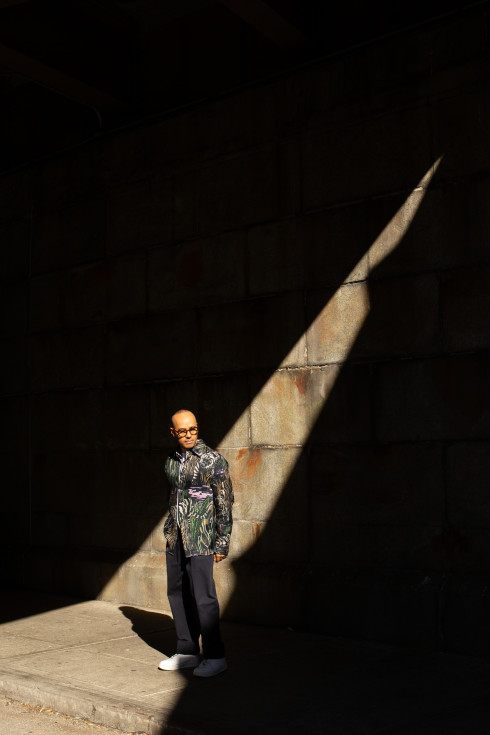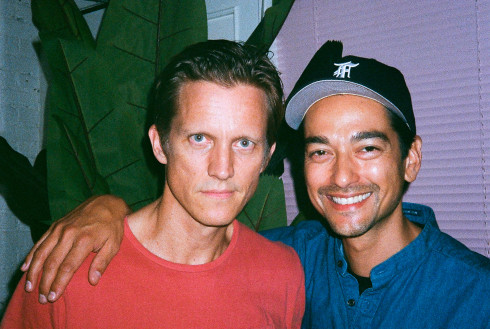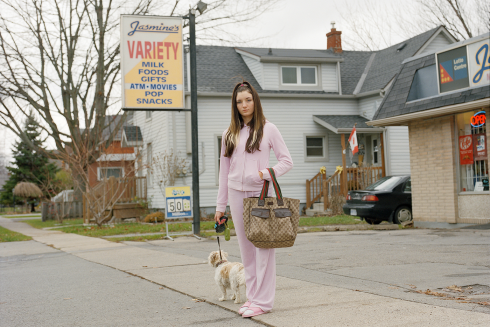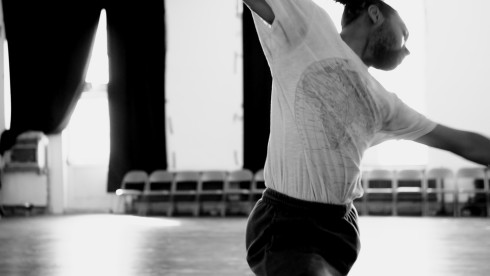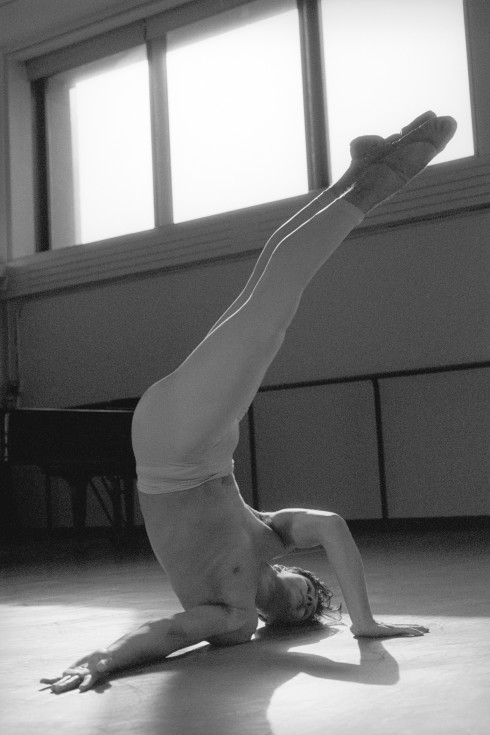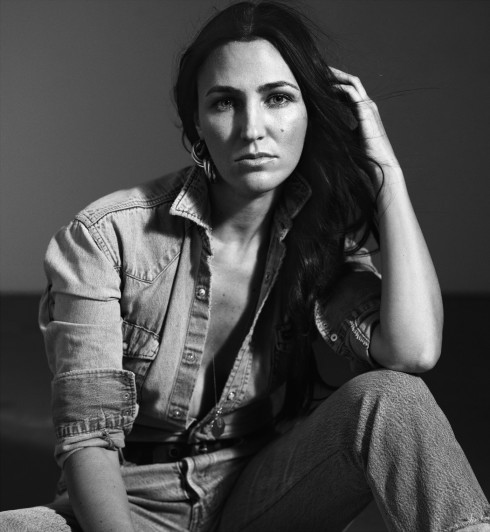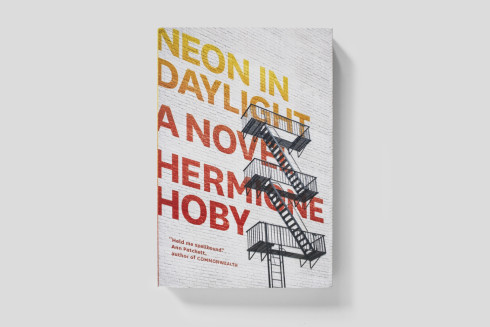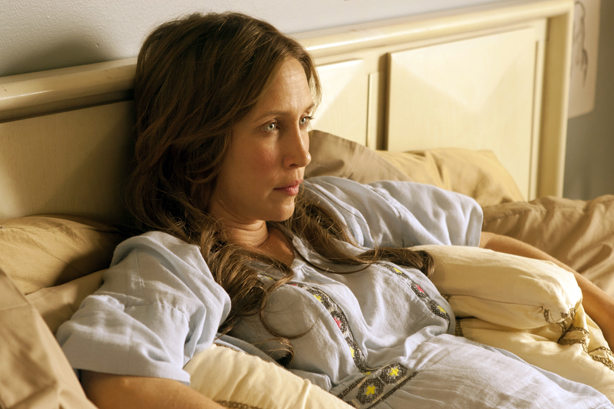
HIGHER GROUND
Vera Farmiga ushers us into a unique little community where Jesus plays the guitar in her directorial debut Higher Ground. Somewhere in the South, sometime between the ’70s and ’80s, a tight-knit group of evangelical Christians with more hair than the Allman Brothers Band praise Jesus with country-rock hymns. The story begins as the adults are being baptized in the river, establishing a connection to the earth that will challenge the very integrity of their faith. To trace the stirrings of a spiritual reckoning, Farmiga brings us back to her character Corrine’s earliest childhood memories. As a young girl, Corrine imagines her mother and the pastor swimming through the pews in their bathing suits. When the pastor asks the children if they are ready to accept Jesus, a gentle little lamb, into their lives, Corrine naïvely raises her hand, eager to have something to care for. Corrine matures into an introspective adolescent, attracted to the arts and moved by her own free spirit toward the life of a betrothed groupie. But after an accident nearly deprives her and husband of her first child, the wayward couple remembers the road to righteousness.
The surprisingly natural admixture of rock and roll and Jesus and matronly frocks wears heavily on Corrine as her family grows. The older and wiser she becomes, the more inane the preaching sounds, and the more ridiculous the dresses seem. She explores a more organic style of prayer, which stands in stark contrast to the conservative practices of her circle. She shares an inspirational story with the congregation, only to be admonished for preaching. When she finally begins to question the very foundation of her faith and realizes the emptiness of her marriage, a therapist accuses her of “worshipping at the altar of yourself.” These challenges to faith and love do not come as a contrived surprise because Farmiga has so discreetly traced the seedlings.
Farmiga’s objective camera and the unbelievable sincerity in her face seem out-of-step with cinema today. She is so devoid of irony, so loyal to her subject, and so patient with her story that this brave little movie may have a tough time at the box office. The fact that it has arrived at the end of a summer ravaged by wild weather seems utterly appropriate, given the calm humility and grace this film expresses. Farmiga manages to challenge the foundations of Corrine’s faith without infecting the outcome with any auteuristic touches. Without any attempt to influence us as to how we should perceive her character—or any of the characters, Farmiga just gives us the facts.
Simple facts make it easy for us to understand the unfulfilled expectations and restless spirit Corrine struggles with. Upon the arrival of carob cupcakes Corrine asks, “Do you know what carob tastes like? It tastes like disappointment.” As a child, she innocently welcomed Jesus into her heart and as an adult, admits that she is “still waiting for Him to make himself at home.” Corrine is disappointed with herself; she wants nothing more than to continue the peaceful existence she left. But she is devout to herself and would not live a lie. The question that remains for Corrine is: what to do with all this spirit, all this love?
